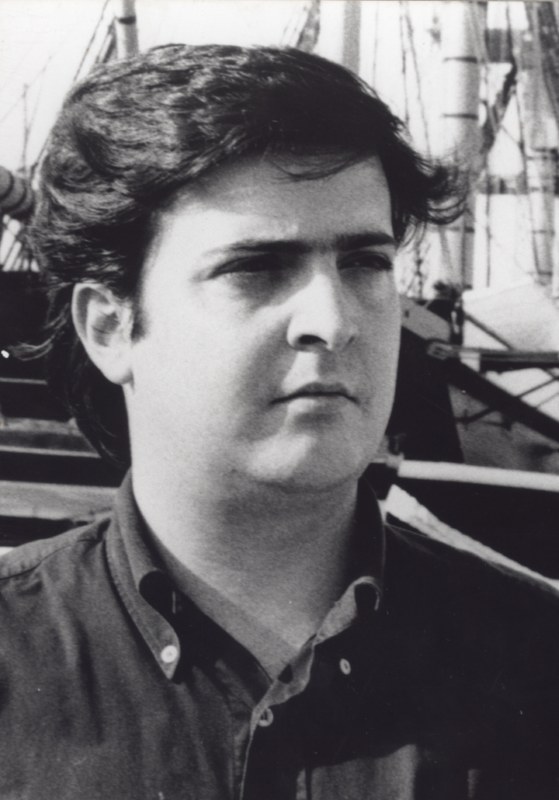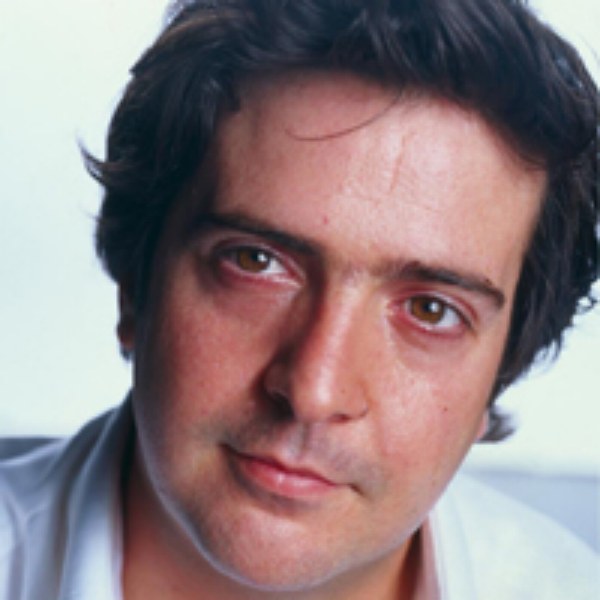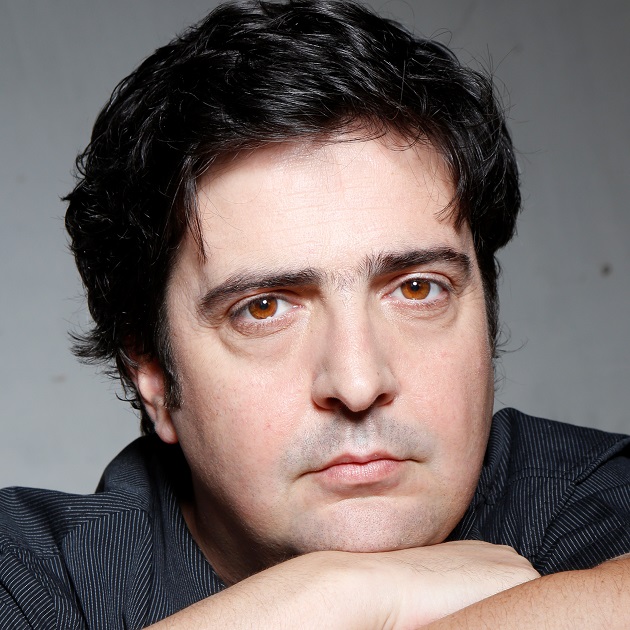Know more:
Helder Moutinho
(N. 21 February, 1969)Helder Moutinho was born in 1969, in Oeiras, and it’s probably from this daily intimacy with the sea that emerges the major characteristic of this Fado singer: a multiple capacity of understanding and living his music, by singing, composing, producing, and managing, in sum, constantly probing wider horizons, with solid and neat banks and a rich, steady stream.
From his family, of Fado’s steady tradition, and by attending with them to the traditional Fado circles, he gets not only a natural affection for Fado but, above all, the urging need to be part of that fascinating universe.
It’s in his late teens, after experiencing other musical styles that Fado begins to take an increasing importance in his life. Maybe that’s the reason why Lisbon’s call reveals inevitable…
After the sea, is the Tagus river that requests him, revealing him a city of passions, Fado Houses, poetic and nostalgic nights, crying seagulls, that he will write, sing and reinvent over and over.
If at first he would only sing for friends, his gift could no longer be kept away, and soon he is invited to sing in a Fado’s House at Bairro Alto, a mythical quarter in Lisbon.
Once again remaining faithful to his habit of releasing one album every four years, the fado singer, composer and lyricist Hélder Moutinho is back in the recording studio this year with a concept album. The name of the album is 1987 and it is based on original poems written from scratch by João Monge, Pedro Campos, José Fialho and Hélder Moutinho himself.
After the albums “Sete Fados e Alguns Cantos” (released at the end of 1999), “Luz de Lisboa” (2004) and “Que Fado É Este Que Trago?” (2008), this new album was recorded in July at the Marquês de Tancos Palace in Mouraria. Hélder Moutinho was accompanied by his usual accomplices: Ricardo Parreira (Portuguese guitar), Marco Oliveira (guitar), Fernando Araújo (bass) and the music producer Frederico Pereira.
The fruit of his own development as a singer, composer and creator of concepts for his albums and concerts, 1987 tells four independent stories, each consisting of four different poems written by the four lyricists who were asked to write songs for the album. In total, there are sixteen songs.
Inspired by four original tales, Hélder Moutinho’s poems respond to the (autobiographical) motto “Os Dias da Liberdade” (Days of Freedom) whereas Pedro Campos’ poems imagine the life of “Maria da Mouraria” (Maria of Mouraria), João Monge tells “A História de Um Desencontro” (The Story of a Mismatch) and José Fialho depicts “O Luto de Uma Relação” (The After-Effects of a Relationship).
This idea was reflected in the recording of the album in a space away from the traditional recording studio with excellent ambiance and acoustic conditions and where all the arrangements, audio recordings, videos and photo shoots also took place.
In 2016 releases the album "Manual do Coração" with lyrics by João Monge and he is, since 2013, the co-manager of "Maria da Mouraria", a Fado restaurant in the heart of Largo da Severa.

Helder Moutinho, s/d.

Helder Moutinho, s/d.
-
Venho de um tempo Helder Moutinho (Helder Moutinho)
